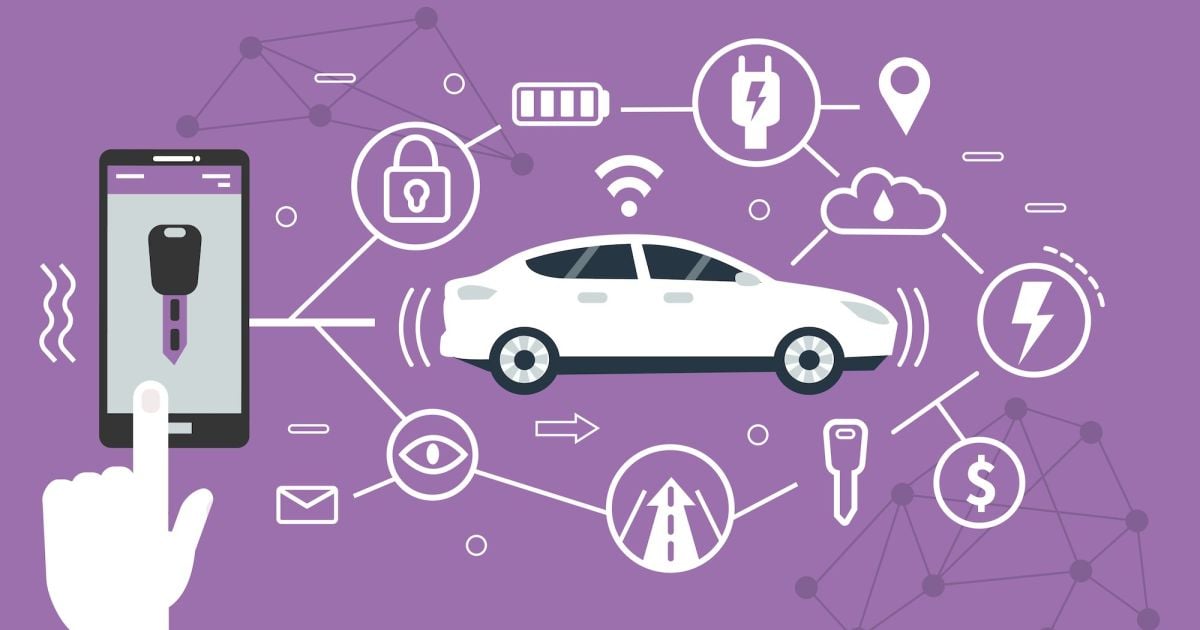Introduction
In the not-so-distant past, owning a car was considered a rite of passage for many. It symbolized freedom, independence, and convenience. However, the landscape of car ownership is rapidly changing, thanks to the emergence of car subscription services. These services have disrupted the traditional model of car ownership, offering consumers an alternative way to access and use vehicles. In this blog post, we’ll explore the impact of car subscription services on ownership and what it means for the future of the automotive industry.
- Car Subscription Services: A Brief Overview
Car subscription services, often referred to as “car-as-a-service” or “car sharing,” have gained significant popularity in recent years. These services allow individuals to access and use vehicles without the long-term commitment and financial burden of traditional car ownership. Instead of purchasing or leasing a car, subscribers pay a monthly fee to access a fleet of vehicles on-demand.
- Flexibility and Convenience
One of the primary reasons car subscription services have gained traction is the flexibility and convenience they offer. Traditional car ownership involves a long-term commitment, with individuals typically locked into multi-year auto loans or leases. Car subscriptions, on the other hand, provide the freedom to switch between different makes and models, allowing subscribers to choose a vehicle that suits their needs at any given time. This flexibility is particularly appealing to those who value variety and adaptability.
- Cost-Effective Alternative
Car ownership comes with various expenses beyond the initial purchase or down payment, including insurance, maintenance, fuel, and depreciation. Car subscription services often include these costs in their monthly fees, providing subscribers with a clear and predictable budget for their transportation needs. This can make car subscriptions a cost-effective alternative to traditional ownership, especially for urban dwellers who may not need a car on a daily basis.
- Reduced Environmental Impact
Another noteworthy aspect of car subscription services is their potential to reduce the environmental footprint associated with car ownership. With a shared fleet of vehicles, fewer cars may be on the road, leading to decreased congestion and lower emissions. Additionally, some car subscription providers offer electric or hybrid vehicles, contributing to a greener and more sustainable transportation ecosystem.
- The Impact on Dealerships and Manufacturers
As car subscription services continue to grow in popularity, traditional car dealerships and manufacturers are faced with new challenges. The shift from ownership to subscription models could potentially impact the demand for new car sales, as fewer individuals may opt for traditional ownership. Manufacturers may need to adapt by exploring partnerships with subscription providers or offering their subscription services to remain competitive in the evolving market.
- Urban Mobility Solutions
Car subscription services align with the changing landscape of urban mobility. In densely populated cities, car ownership can be cumbersome and impractical. Car subscriptions cater to the evolving needs of urban dwellers by providing access to vehicles when needed, without the burdens of parking, maintenance, and insurance. This trend towards urban mobility solutions is likely to continue as cities grow and the demand for convenient transportation options increases.
- Potential Drawbacks and Challenges
While car subscription services offer numerous advantages, they are not without their challenges. Some subscribers may find that the monthly fees add up to a higher cost over time compared to traditional ownership, particularly if they use the service frequently. Additionally, the availability of subscription services can be limited in certain areas, limiting access for potential subscribers. Furthermore, issues related to vehicle cleanliness and maintenance can arise in shared fleets, requiring providers to maintain high standards to ensure customer satisfaction.
- The Future of Car Ownership
In conclusion, car subscription services are reshaping the landscape of car ownership. Their flexibility, cost-effectiveness, and environmental benefits are driving their popularity among consumers. As technology continues to evolve, we can expect further innovation in the car subscription space, such as autonomous vehicles and enhanced digital platforms. While traditional car ownership is not likely to disappear entirely, it may become less dominant in the automotive industry as car subscription services continue to evolve and adapt to the changing needs of consumers.
In this dynamic landscape, individuals will have more choices than ever when it comes to their transportation needs. Whether one chooses to own a car, subscribe to a car service, or utilize various mobility options, the future of car ownership promises to be more flexible and tailored to individual preferences. The impact of car subscription services on ownership is undeniable, and it will be fascinating to see how this trend continues to unfold in the years to come.




